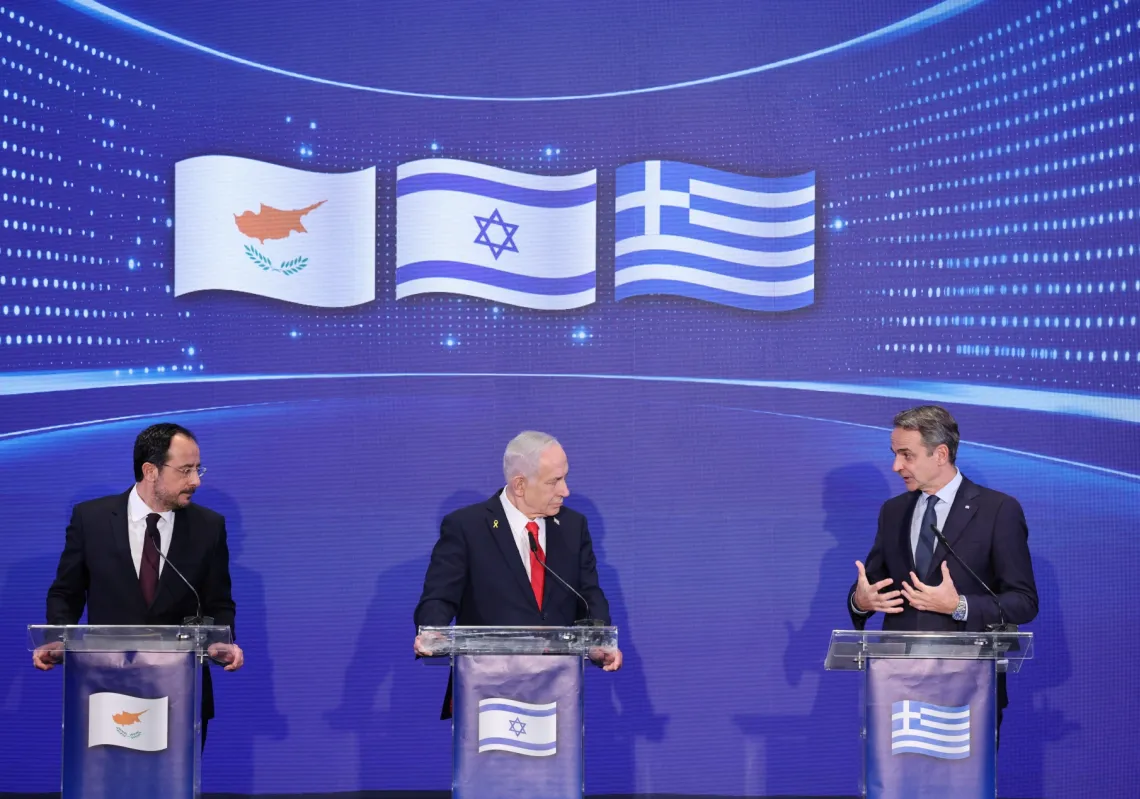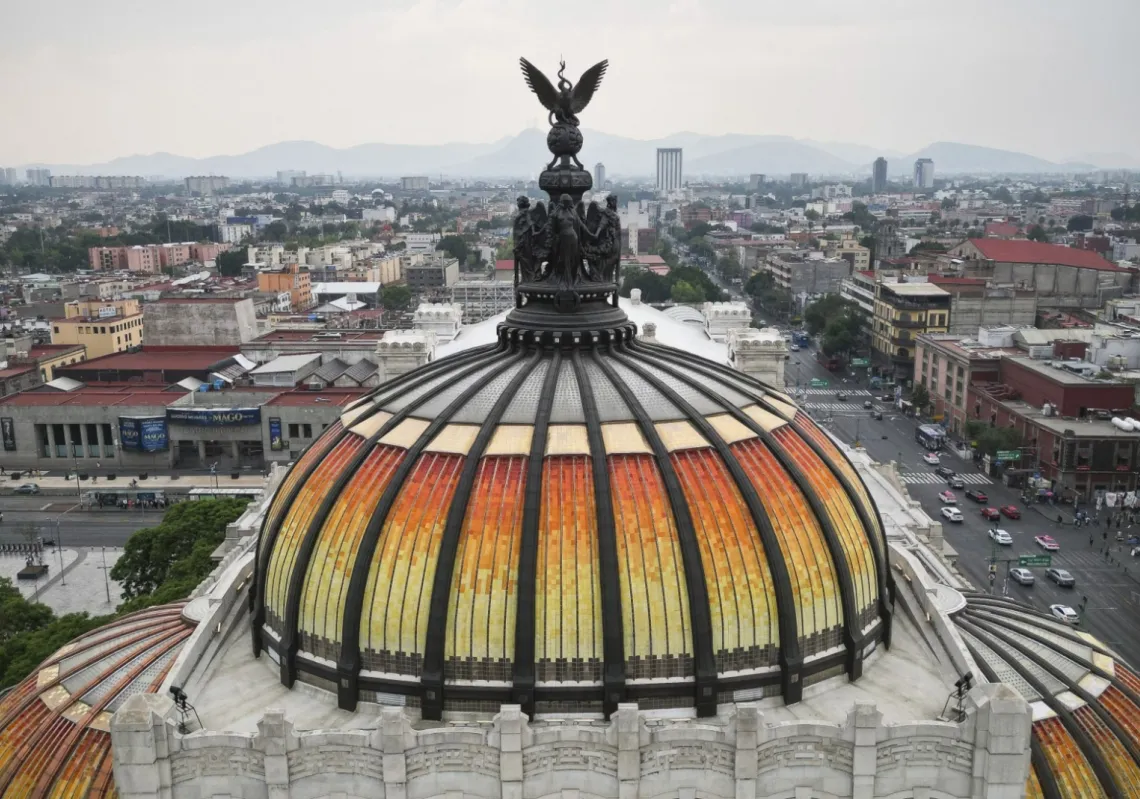 [/caption]
[/caption]
Early one morning last week, 21-year-old Ali al-Halaby was spray painting some political graffiti onto the wall of a building in Nasr City, northern Cairo.
The young man was doing a spot of publicity on behalf of April 6, the youth movement which was so instrumental in helping to bring about the fall of Hosni Mubarak. His motif warned voters about the remnants of the fallen President’s party, the NDP.
But although the building did not belong to the military or government, al-Halaby was soon arrested by a group of military policeman. He was taken away, detained, and has now been referred to a military prosecution pending further investigations.
Welcome to the new Egypt – a country where even graffiti can get you jailed.
“He wasn’t doing it on a military building,” said Ramy el-Swissy, a founding member of April 6th. “Yet he was arrested by the military police.”
The Arab Network for Human Rights Information (ANHRI), an NGO which has provided lawyers for al-Halaby’s defense, said their client’s arrest suggested that the “margin of free expression shrinks [sic] day after day”.
It added that if the military council, which took charge of Egypt after the fall of Hosni Mubarak, believed that graffiti was a criminal offence, then suspects should be tried in a civilian court.
“We will not accept any verdict or conviction against them in a military tribunal, because it will be a naturally flawed verdict as it comes from an exceptional trial,” it said in a statement.
It added: “ANHRI affirms that graffiti is primarily a street art that proliferated following the revolution of 25 January, as a type of art that expresses opinions and used by activists in Egypt and Tunisia to criticize authorities or political movements, or to raise awareness of the citizens.”
Al-Halaby’s arrest and subsequent appearance in a military court is just the latest example of the ruling generals’ prolific use of martial law to try civilians.
Thousands have been processed since February, and according to Mona Seif, a campaigner for the No to Military Trials group, more and more of them are being judged for civil disobedience offences such as striking and protesting against the military council.
“The military council is devoted to ending the revolution,” she said. “They are the leaders of the counter-revolution.
“They want to put to an end any form of protest. Now many of the demands from protesters are about removing them from power, so the revolution is being directed at them.”
Next month Egyptians go to the polls for parliamentary elections, though it could still be a full year before a presidential ballot is held.
Egypt’s generals, who have repeatedly said they do not want to remain in power for long, will be holding the reins of government for some time yet.









